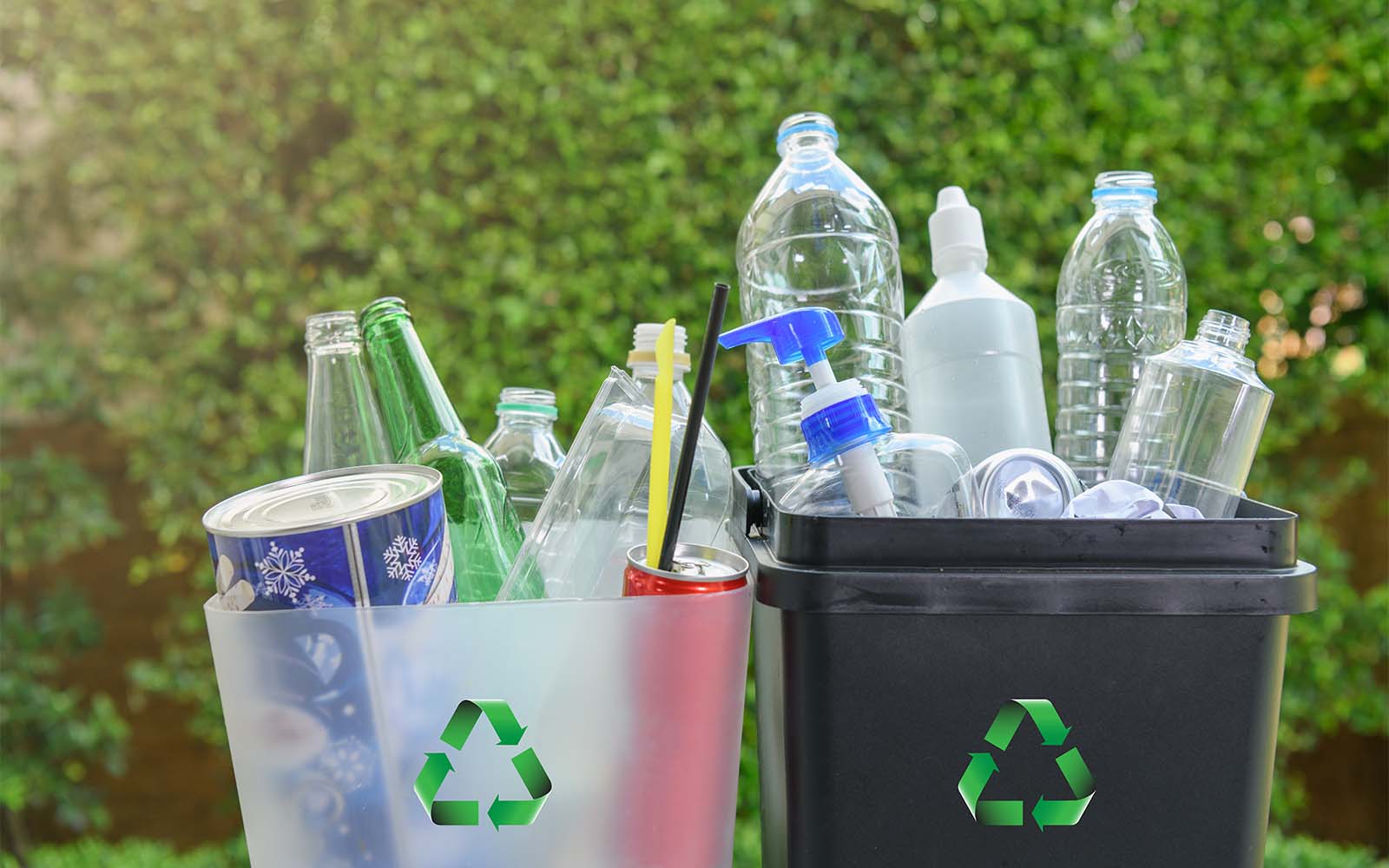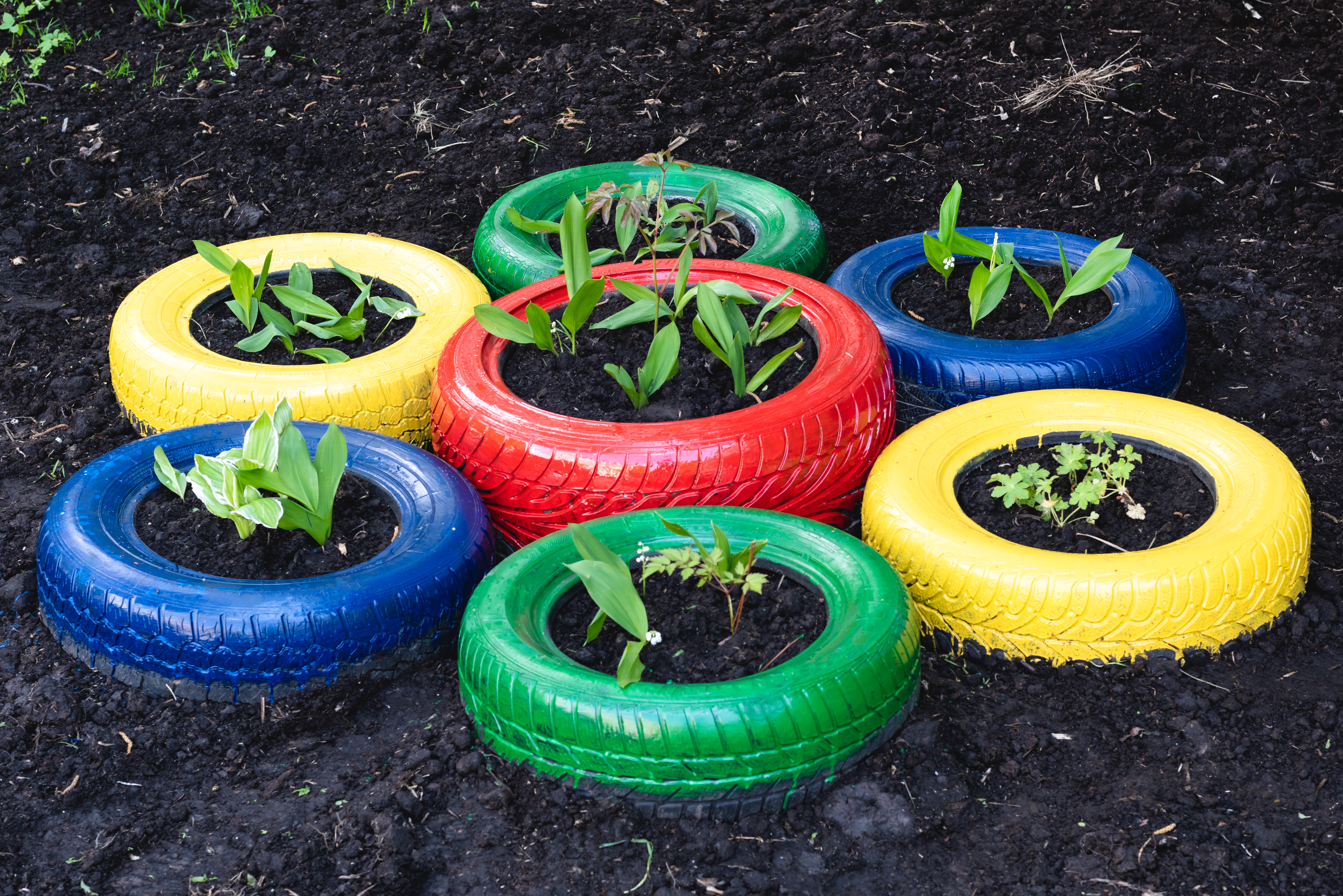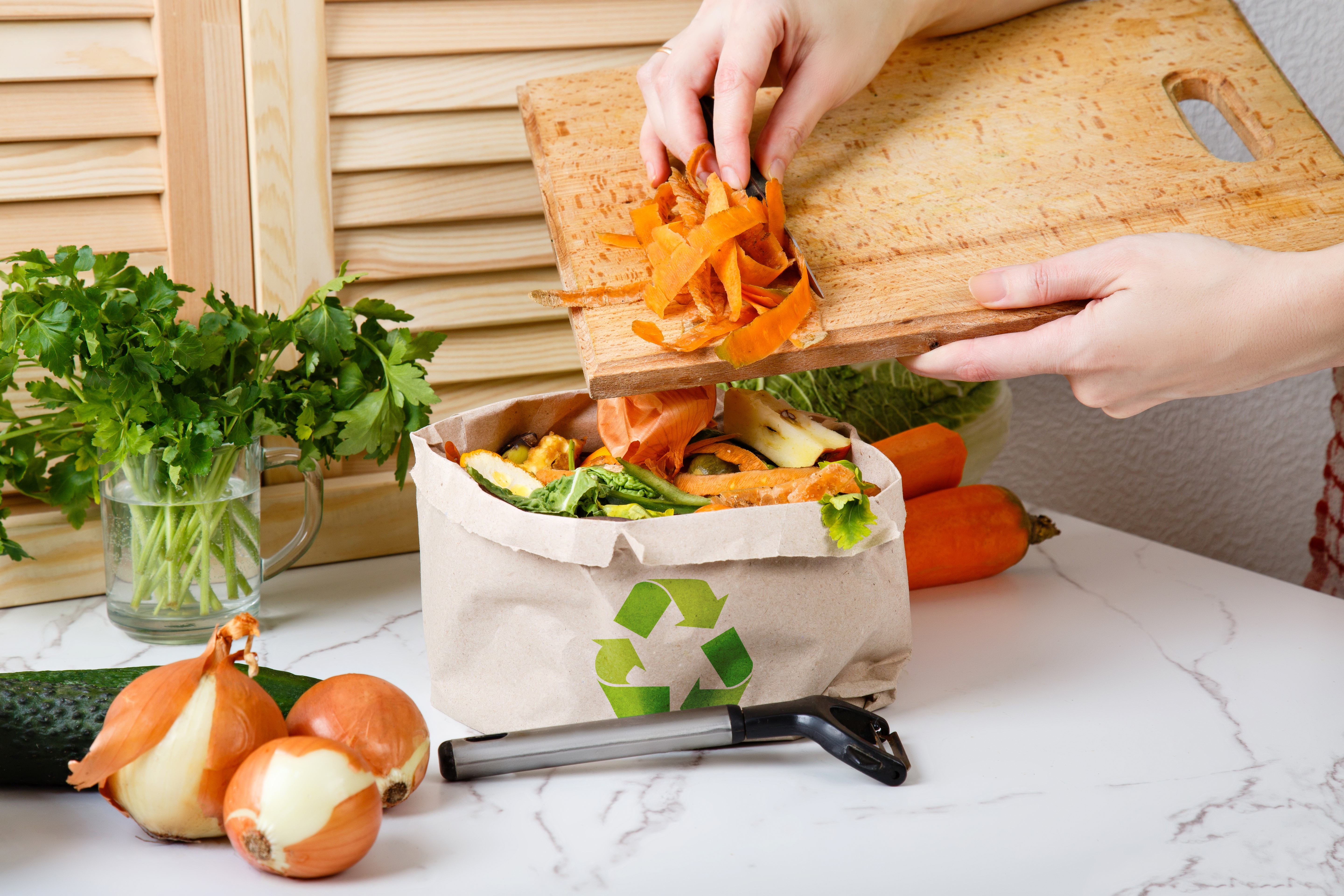
The three R's - Reduce, Reuse, and Recycle - are fundamental principles for environmental protection, gaining prominence in campaigns against plastic usage. While often associated with environmental activism, these principles hold significance for individuals contributing to a sustainable environment. Let's explore how we can integrate these practices into our daily lives.
 Reduce
Reduce
The initial step is to use fewer resources, especially in terms of plastic consumption. This goes beyond avoiding unnecessary purchases and requires conscious decisions to minimize waste across various aspects of life. Actions like reducing food waste, choosing durable clothing, conserving water and energy, and prioritizing essential household items over disposable ones contribute to mindful consumption, crucial for the planet's health.
 Reuse
Reuse
When items break or wear out, instead of immediate disposal, consider repairing or repurposing them. Whether mending torn clothing, transforming old containers into plant pots, or refurbishing furniture, reusing extends the lifespan of products, conserving energy and resources. Donating unwanted items to those in need is also preferable to disposal, ensuring the energy invested in their production doesn't go to waste.

Recycle
Recycling involves finding alternative uses for items that would otherwise be discarded. From upcycling old bottles into decorative vases to creating crafts from newspapers and fabric scraps, numerous ways exist to breathe new life into old materials. Composting organic waste, like vegetable peels and eggshells, further reduces landfill contributions. Selling recyclable materials not only provides financial benefits but also contributes to environmental preservation.
In today's society, sustainability has become a buzzword, emphasizing the need for sustainable living. Action is imperative to reduce the environmental impact of global warming, climate change, and plastic pollution. The three R's—reduce, reuse, and recycle—are crucial in this context, as they lower greenhouse gas emissions, conserve natural resources, save energy, and protect wildlife. Reducing, reusing, and recycling play a significant role in waste management, contributing to eco-friendly practices. They reduce waste, promote the reuse of products, and utilize recycled materials to conserve natural resources. Some benefits include improved air and water quality, energy savings, and positive impacts on local economies through job creation.
By incorporating these practices into our daily lives—using reusable items, minimizing single-use products, and composting—we can influence and contribute to a sustainable planet. Ultimately, the combined efforts of individuals embracing the three R's pave the way for a healthier and more sustainable future. Let's collectively take responsibility and integrate these principles into our routines for the well-being of our planet.




Aye Myat Hlaing
zarkyioo